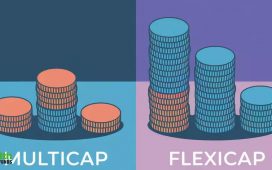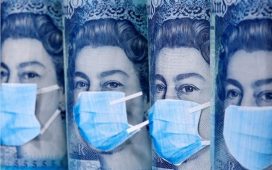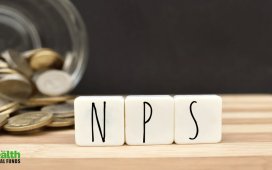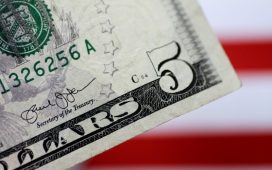
© Reuters.
By Joice Alves
LONDON (Reuters) – steadied on Wednesday shrugging off Britain’s highest ever monthly budget surplus in January ahead of finance minister Jeremy Hunt’s annual budget in March.
Britain ran a budget surplus of 16.7 billion pounds ($21.1 billion) in January, due to record seasonal tax inflows. This is up from 7.5 billion pounds a year earlier although below economists’ 18.7 billion pound forecast in a Reuters poll.
Analysts on Wednesday debated what the January budget surplus could mean for the Bank of England (BoE) monetary outlook and for the March annual budget.
Kathleen Brooks, research director XTB, said the record surplus was still lower than expected and it does not mean the UK economy is out of the woods and generating cash significantly faster than before.
“Economic growth is still likely to remain sluggish, so today’s data is unlikely to factor into the BoE’s decision on when to cut rates. However, the question about tax cuts is now getting interesting.”
But tax cuts next month won’t likely lead to much extra consumption or inflation, she added.
The BoE is expected to cut interest rates in June, according to LSE Group.
Britain’s public finances typically run a surplus in January, as annual income tax payments are due that month.
The longer-term picture for UK public finances remains challenging, with overall public debt up sharply as a result of the COVID-19 pandemic.
Hunt wants to announce tax cuts next month in order to boost the governing Conservative Party’s declined popularity before the national election Prime Minister Rishi Sunak is expected to call later this year.
Hunt’s deputy, chief secretary to the Treasury Laura Trott, did not rule out further tax cuts in the budget, after reductions in November.
Jeremy Stretch, head of G10 FX Strategy at CIBC Capital Markets, said that “despite a surge of tax revenues that the January surplus undershot median expectations suggests the scale of potential fiscal expansion could be smaller than some had hoped”.
Sterling edged 0.1% higher to $1.2633, and it was some distance away from Tuesday’s one-week high of $1.2668, having retreated from that level after comments from BoE Governor Andrew Bailey.
Bailey said on Tuesday he was comfortable with investors betting on rate cuts this year, but pointed to signs that Britain’s economy was picking up after falling into recession in late 2023.
Against the euro, sterling flattened at 85.59 pence, after falling to a one month low on Tuesday.










